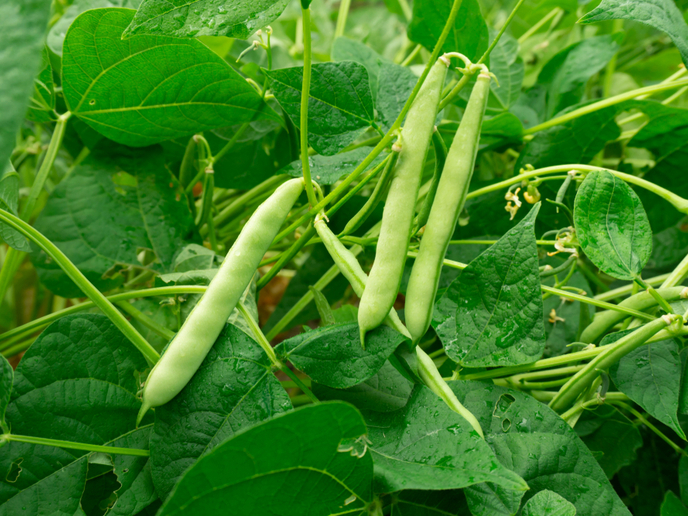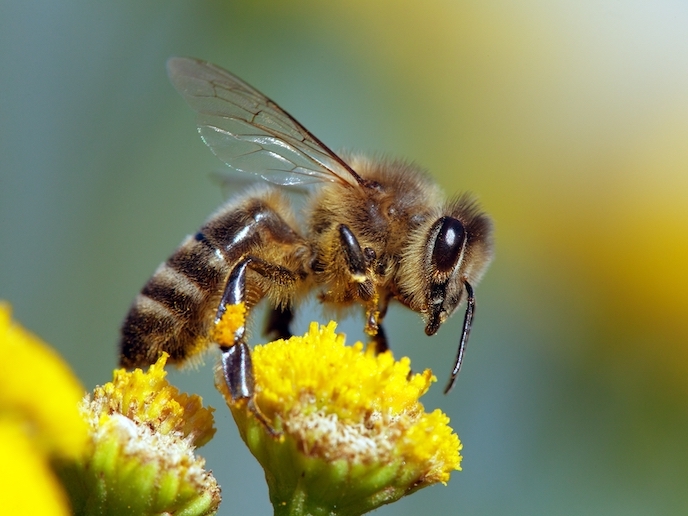Food for all
While significant steps have been taken in the last couple of decades to reduce hunger in the world and increase agricultural productivity, over 1 billion people are still chronically underfed. In addition, over 3 billion people have some kind of nutritional deficiency that must be addressed. To understand the causes of hunger and tackle it, researchers must examine the many causes of malnutrition at the home, community, and regional levels. They must develop solutions and implement policies specifically targeted at vulnerable populations. The Millennium Villages Project (MVP) and the Consortium of Improving Agriculture-based Livelihoods in Central Africa (CIALCA) are two unique projects supporting rural development in sub-Saharan Africa (SSA). Building on these initiatives, the EU-funded Agrinuts project is developing tools to study and strengthen linkages between the agriculture and human nutrition sector. It is gathering and cross-referencing biophysical and socio-economic data, based on field and literature research, to build conclusions and recommendations. Agrinuts will then examine how feasible and synergistic these initiatives and interventions are in supporting undernourished and malnourished populations. The project is also exploring ecological tools and knowledge to address the nutritional diversity of the agricultural system. Data on agro-biodiversity were collected for farming in three MVP sites in sub-Saharan Africa alongside food and nutrition indicators. This helps assess the cropping system for its diversity of nutrients essential for human life. The developed tool is able to identify low and high redundancy of nutrient groups in the system as well as crop species that could increase or decrease nutritional diversity of the system. The tool helps to assess agricultural systems beyond conventional indicators such as yield and the economic cost/benefit ratio. In addition, a global food systems conference on assessing global agriculture was hosted at the Earth Institute in 2009. Over 100 experts described means to evaluate practices to grow and distribute enough food for a population of 9 billion people, as projected in 2050. The workshop resulted in consensus among the participants on the need for a major paradigm shift in the way we assess agriculture, considering all social, economic and environmental impacts. The project partners are currently contributing to this endeavour and ideas are being further elaborated. If the emerging ideas and recommendations are exploited, this modest project could change the way we feed the world, and for the better.







